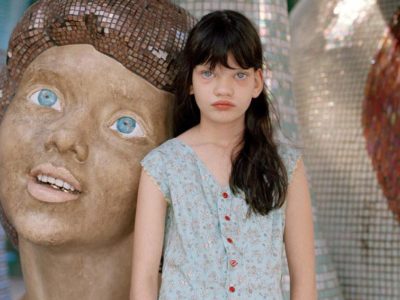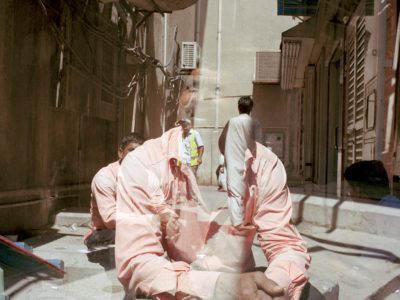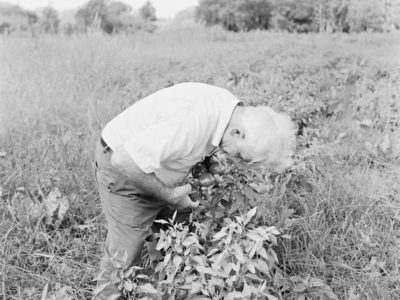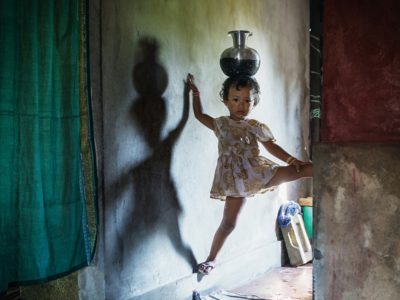Inshallah — Roger Grasas Probes the Effects of the Westernization of the Persian Gulf Countries
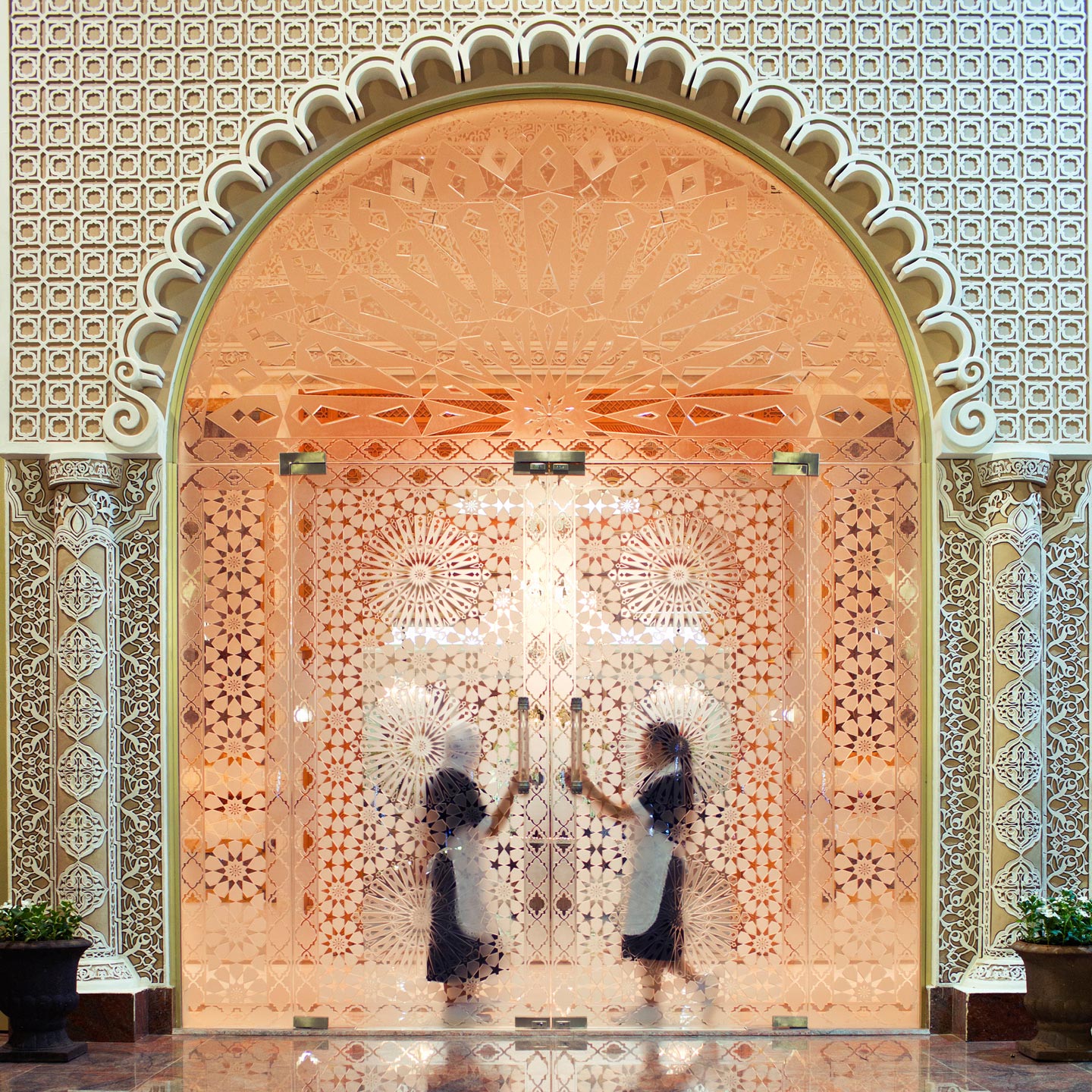
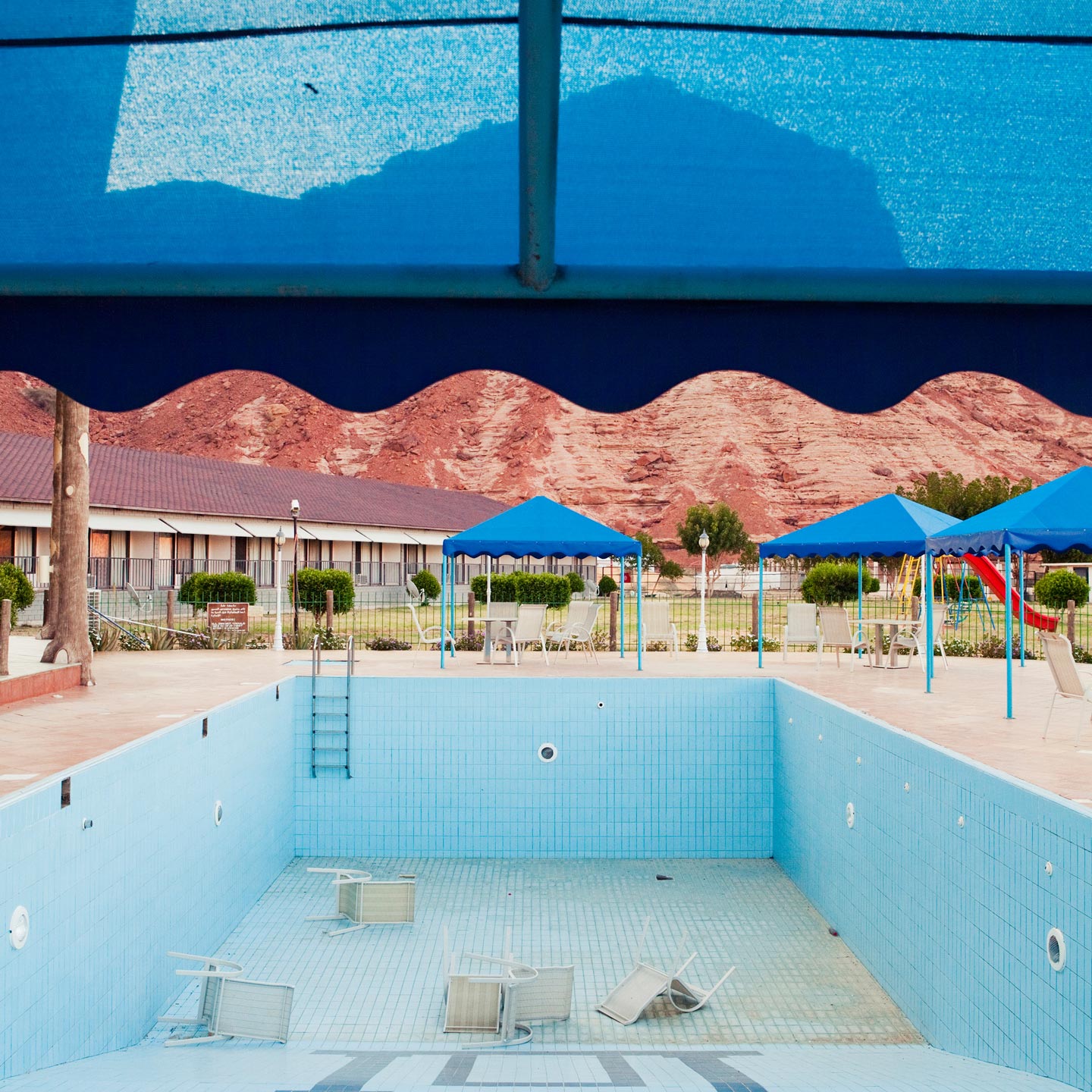
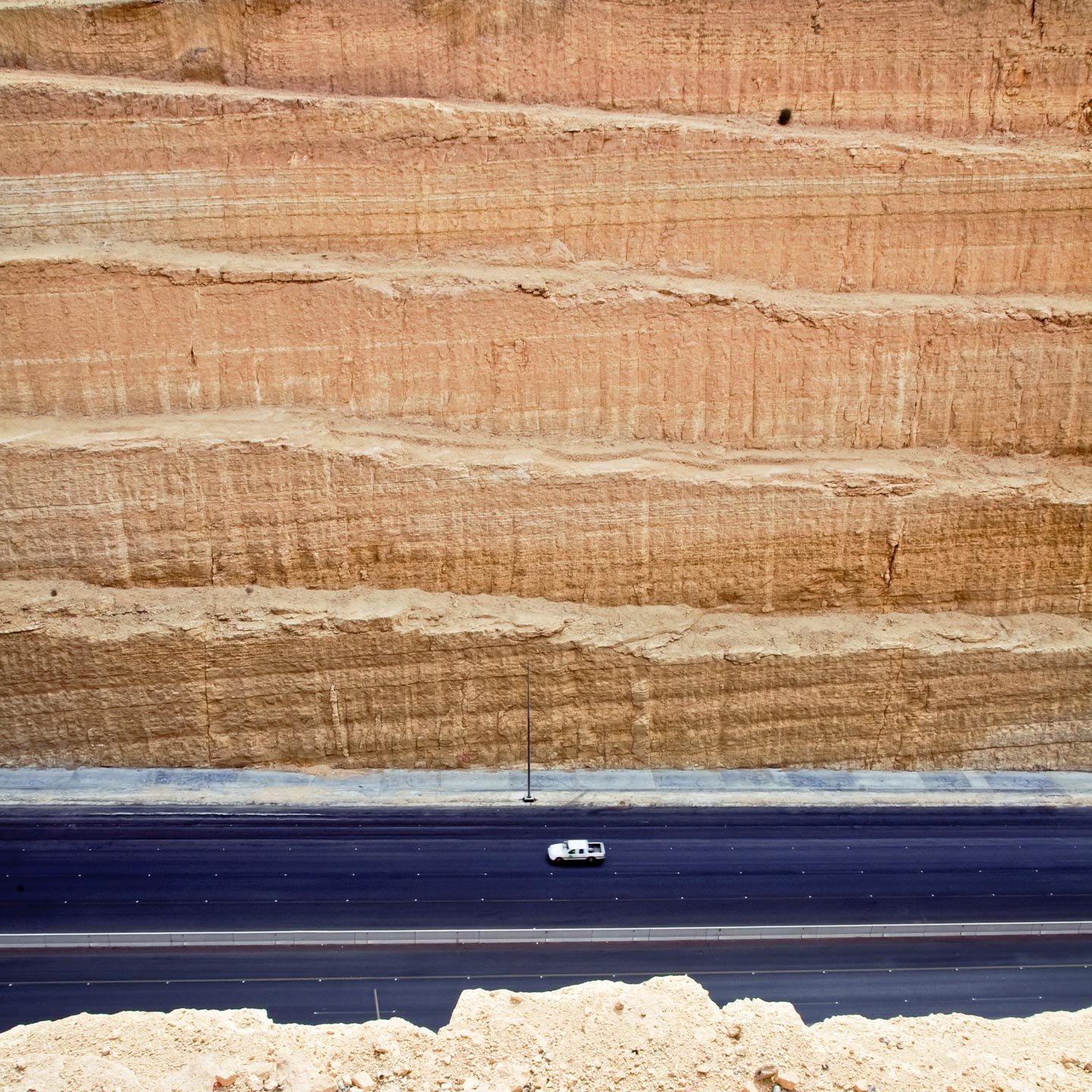
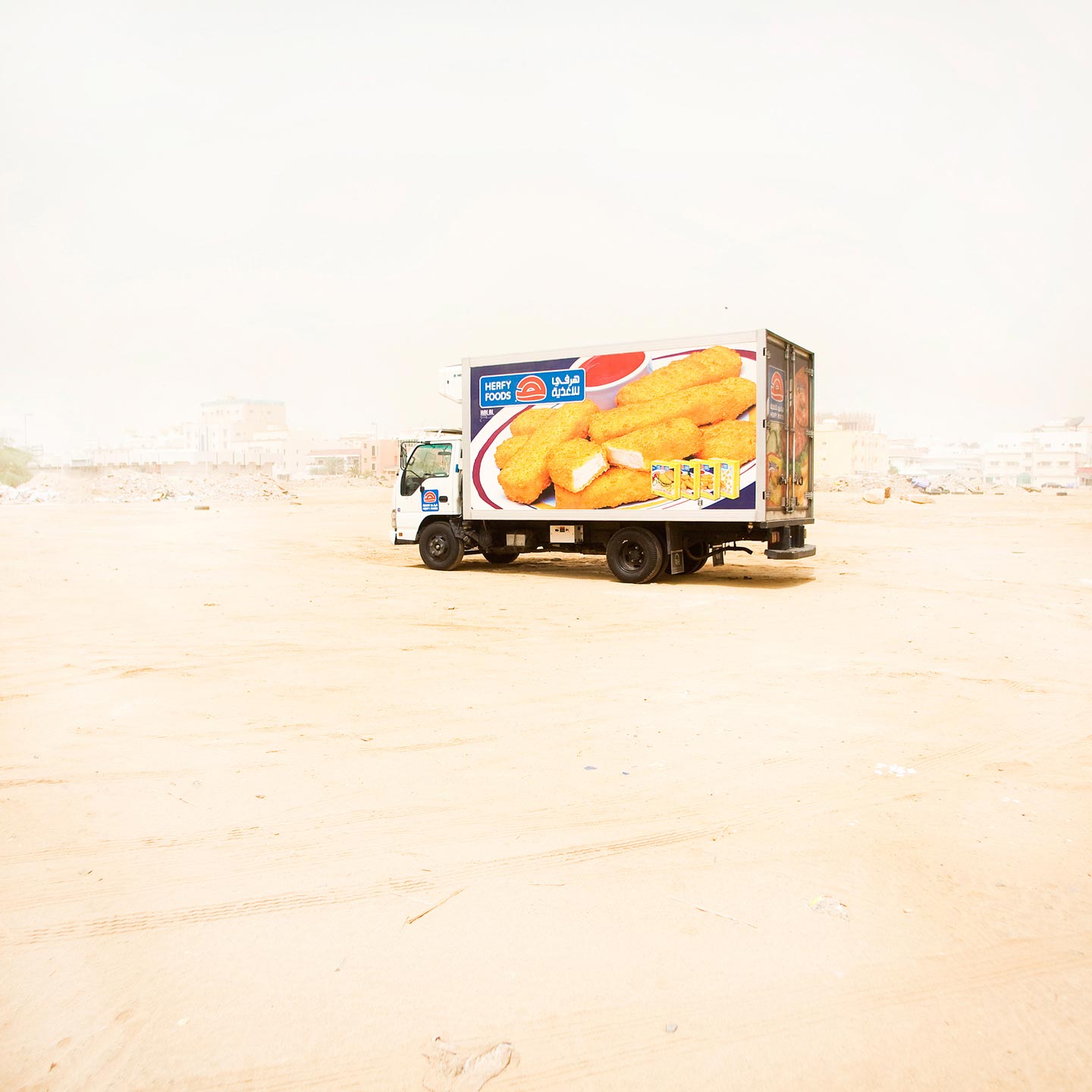
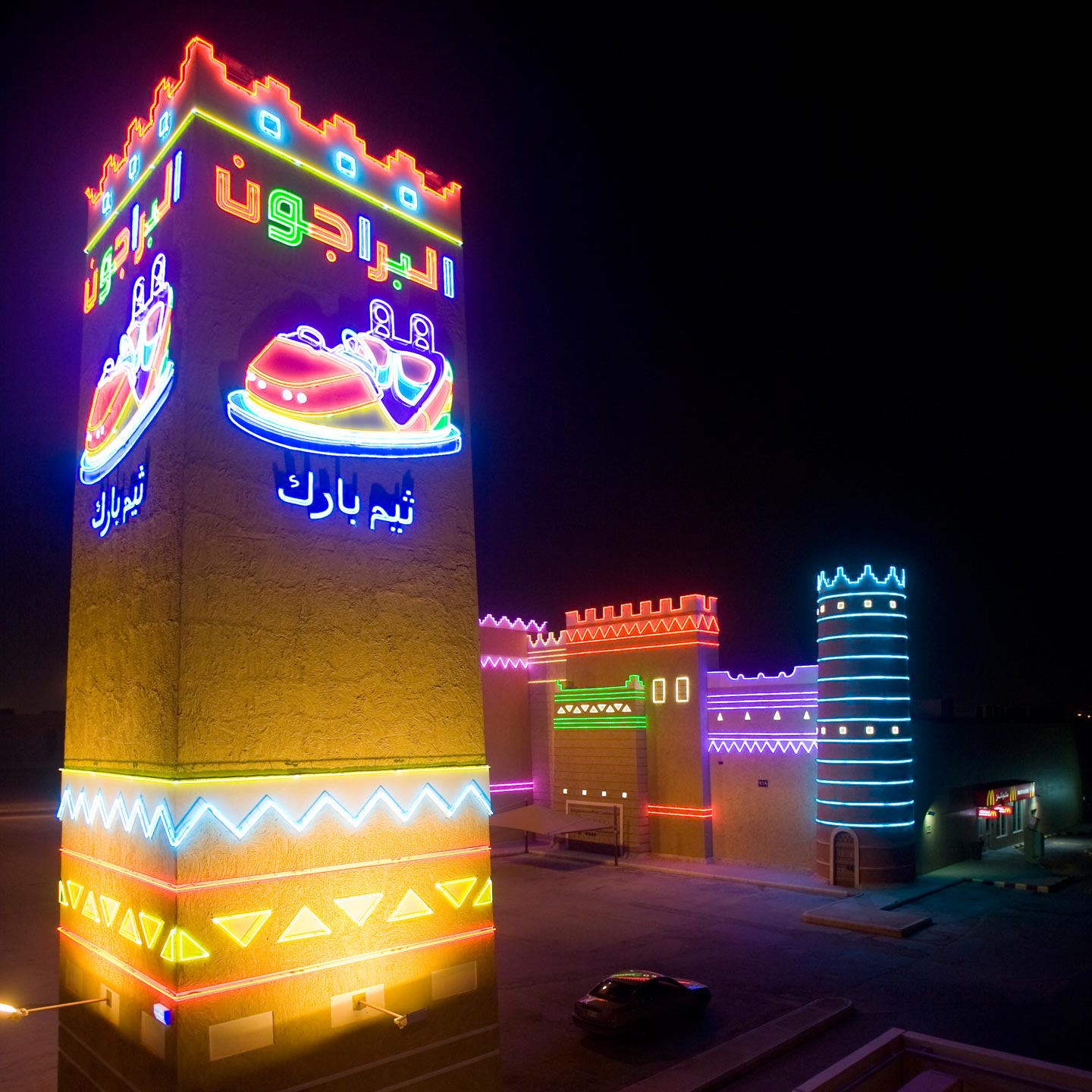
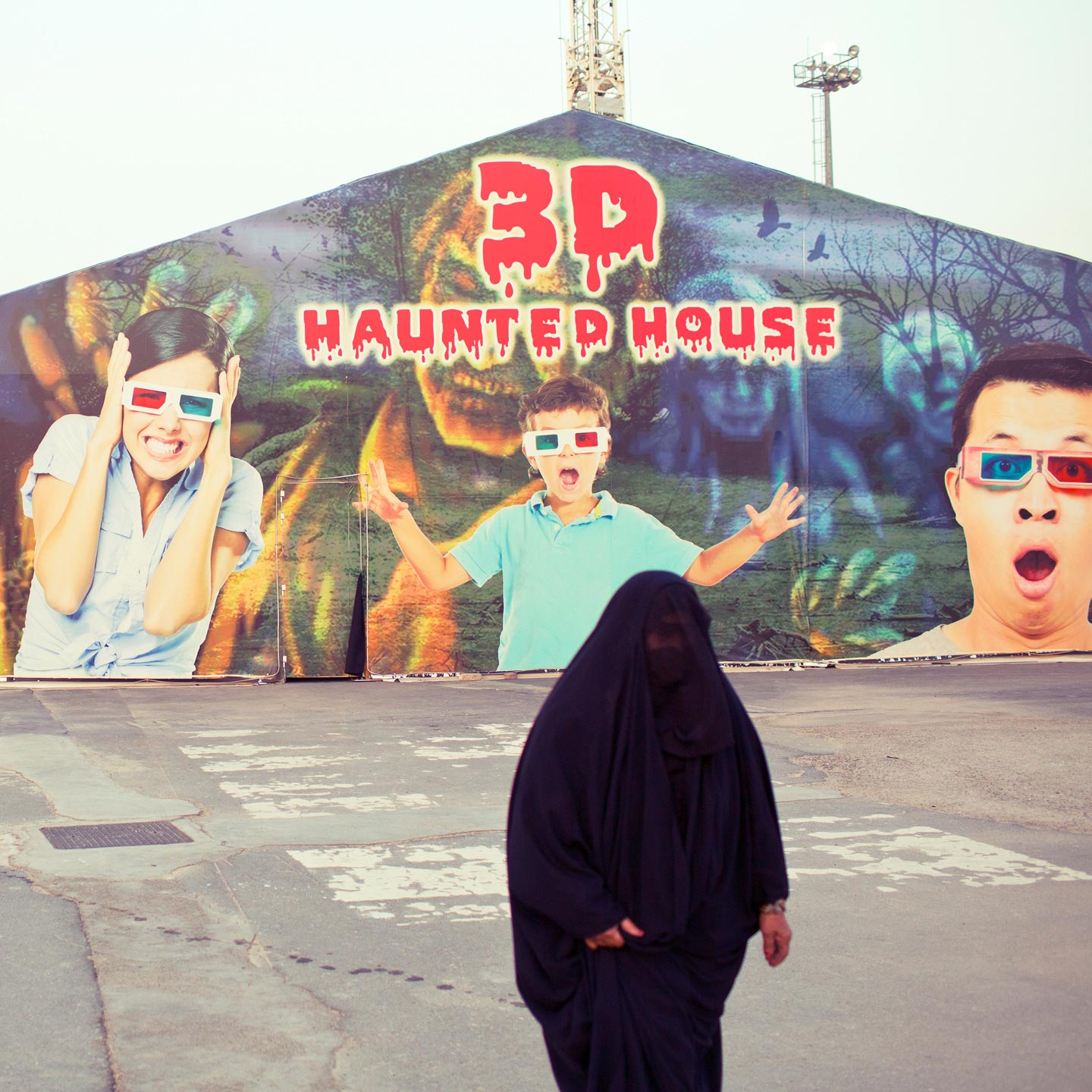
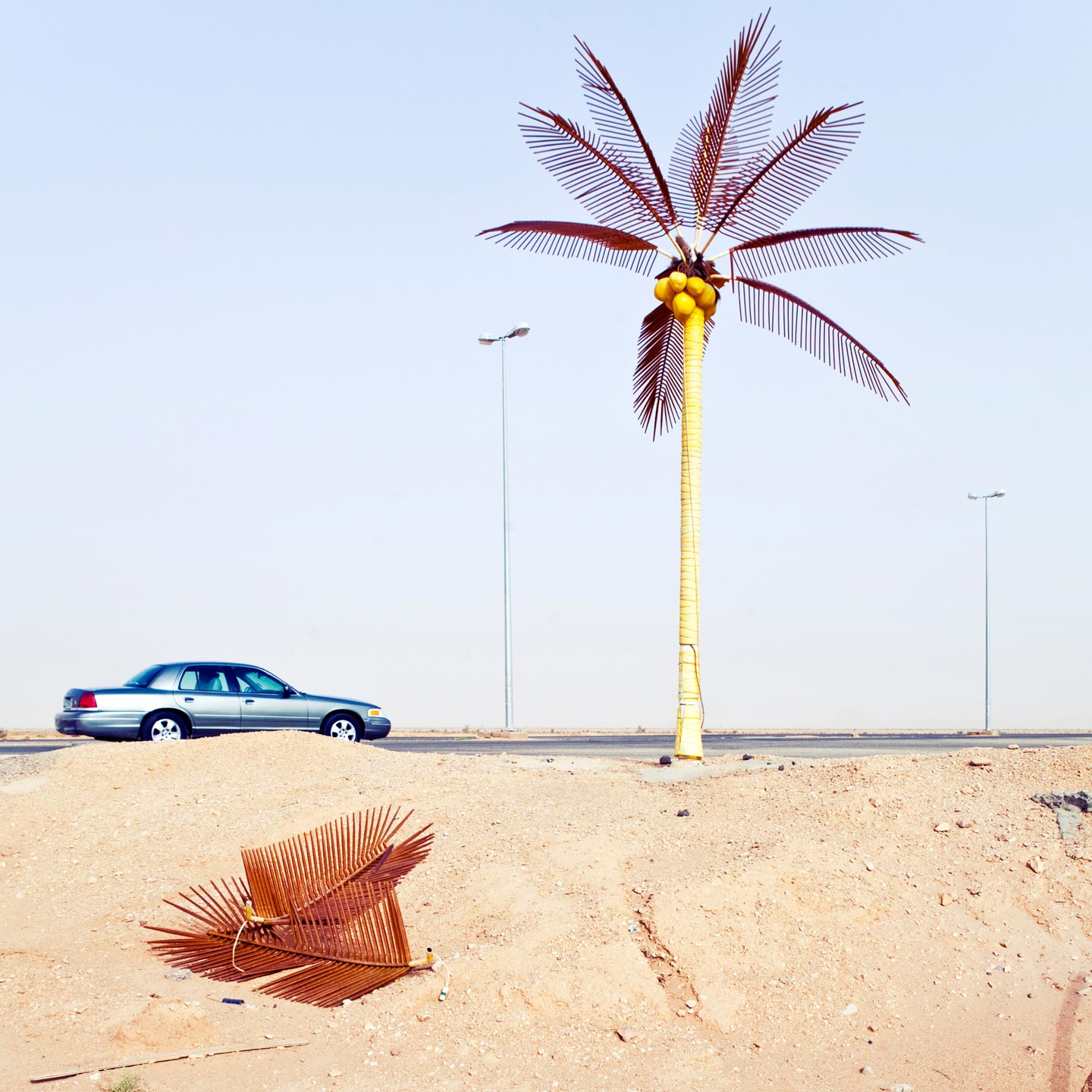
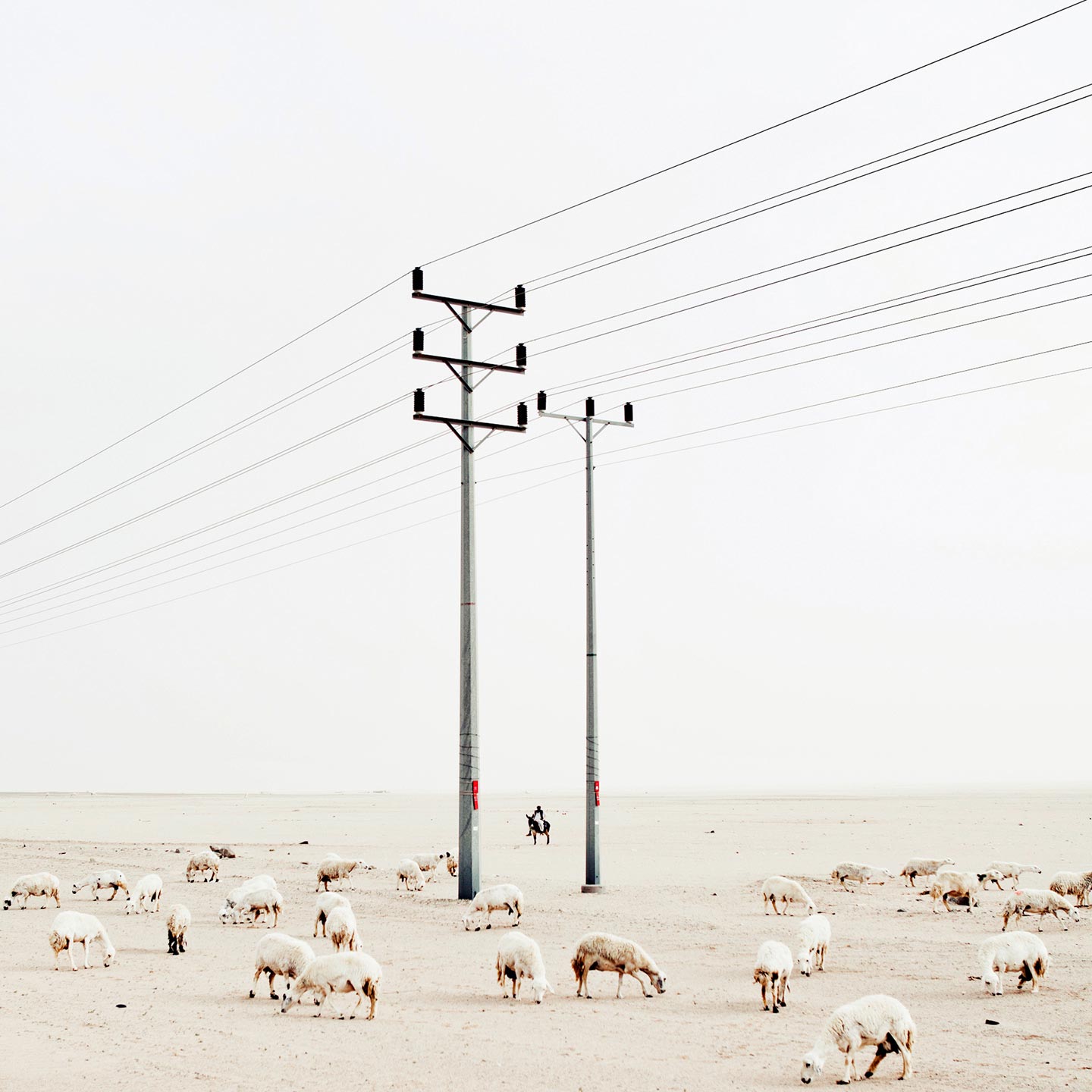
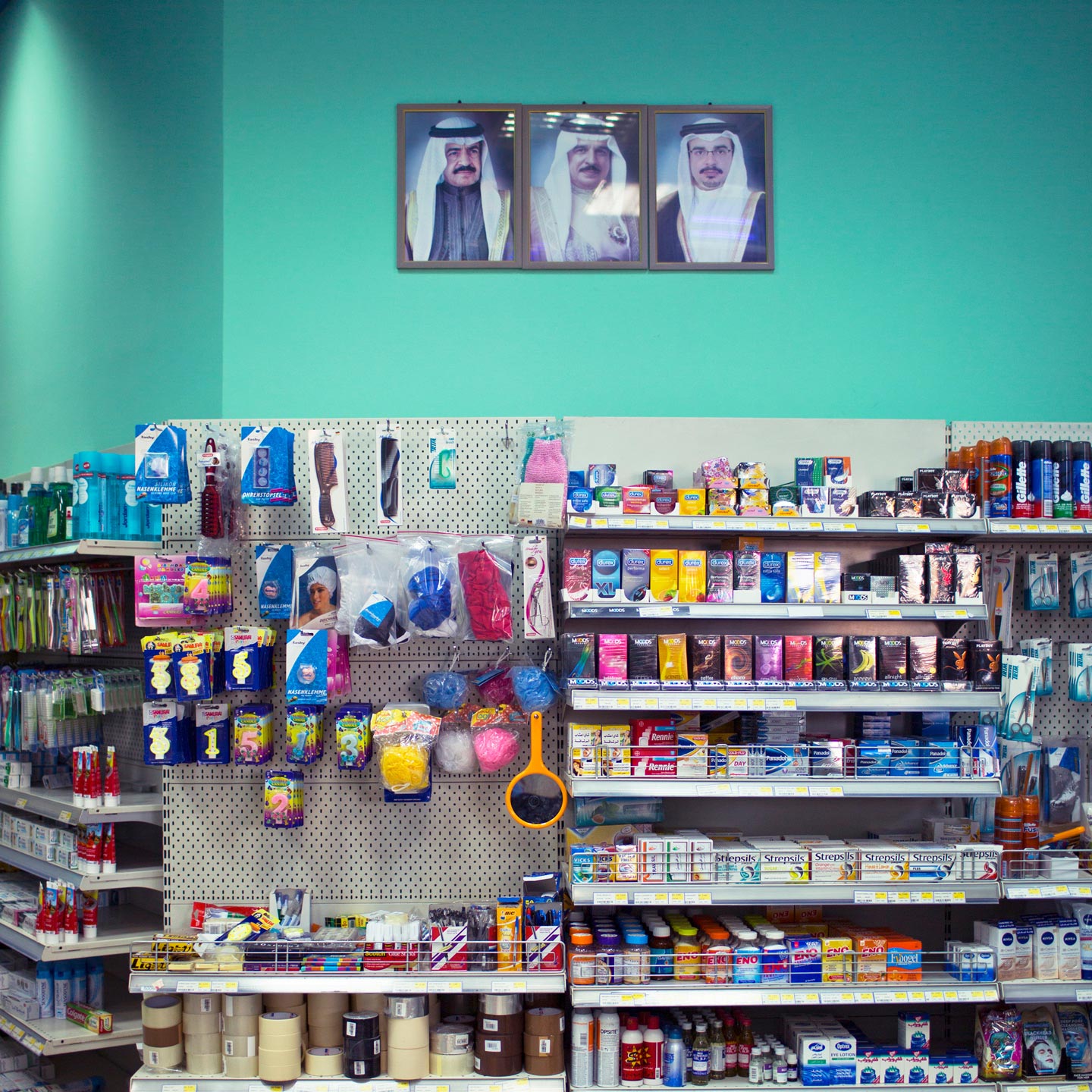
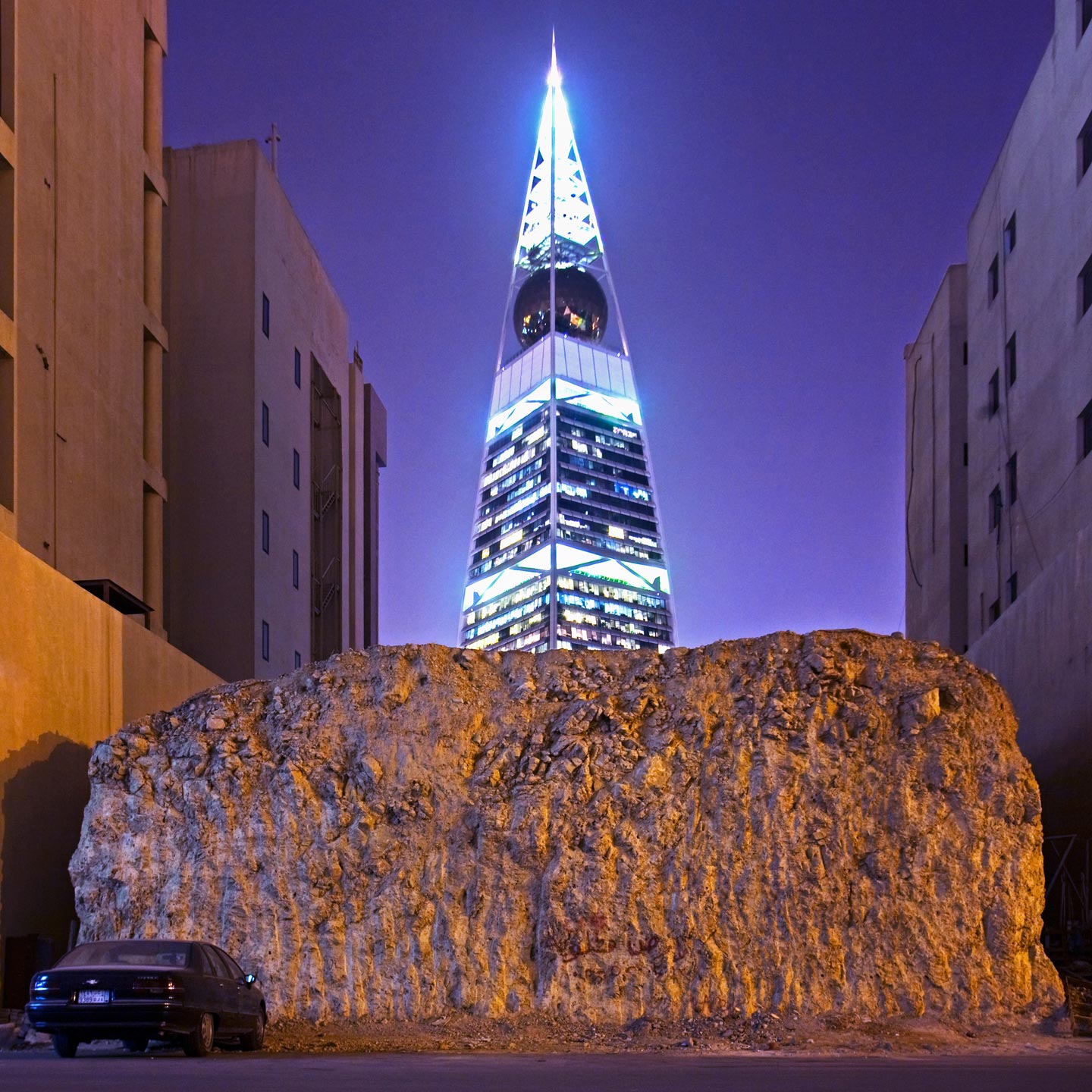
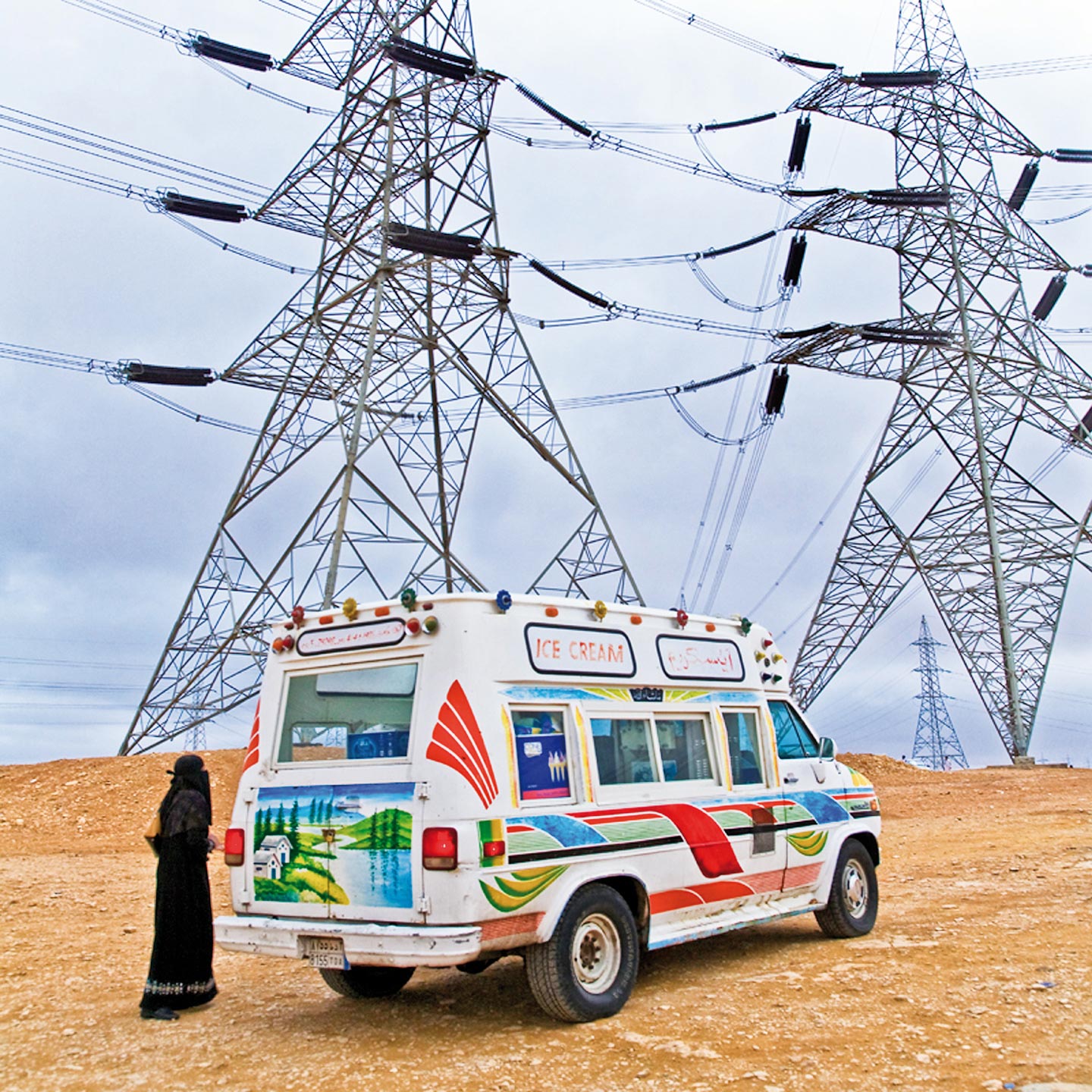
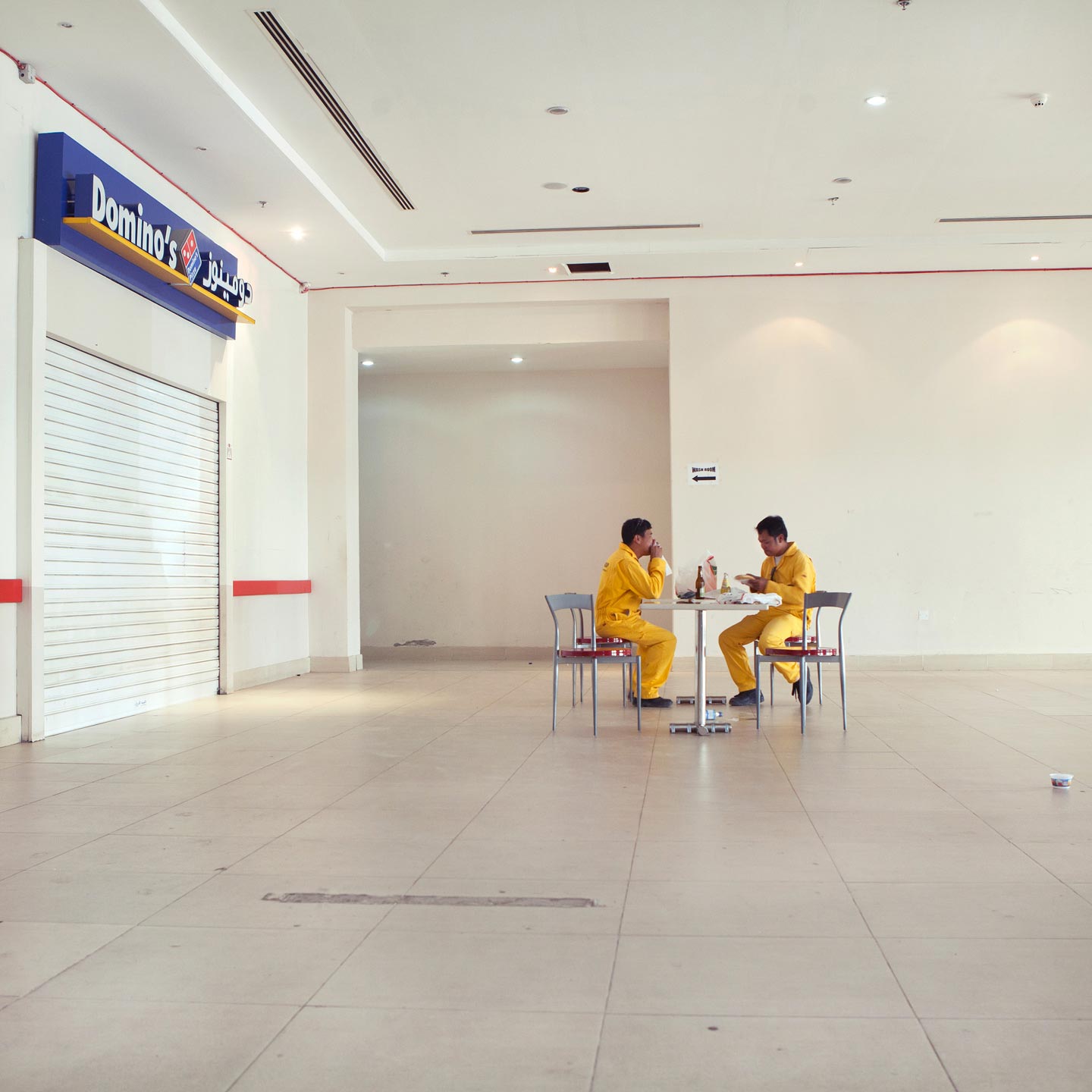
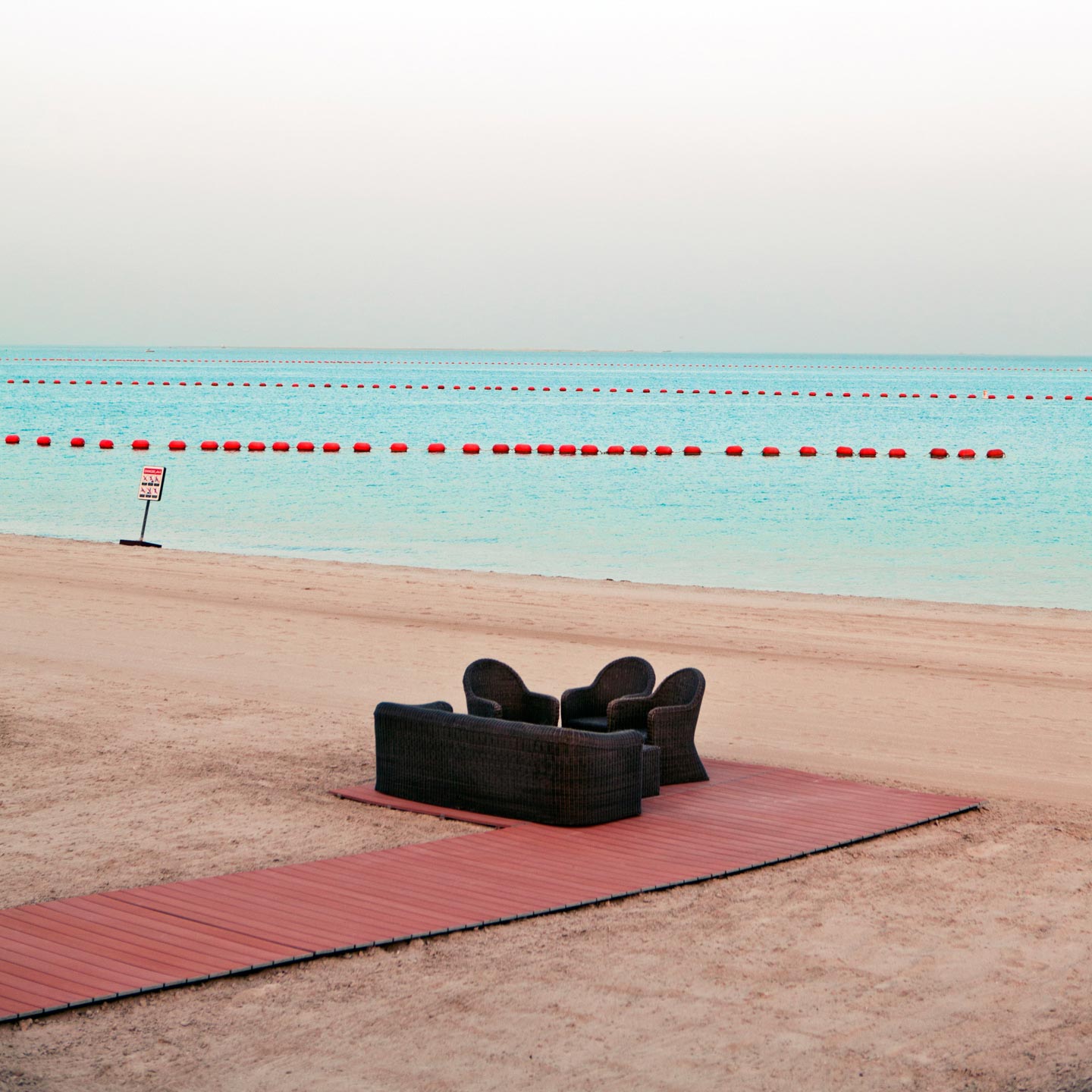
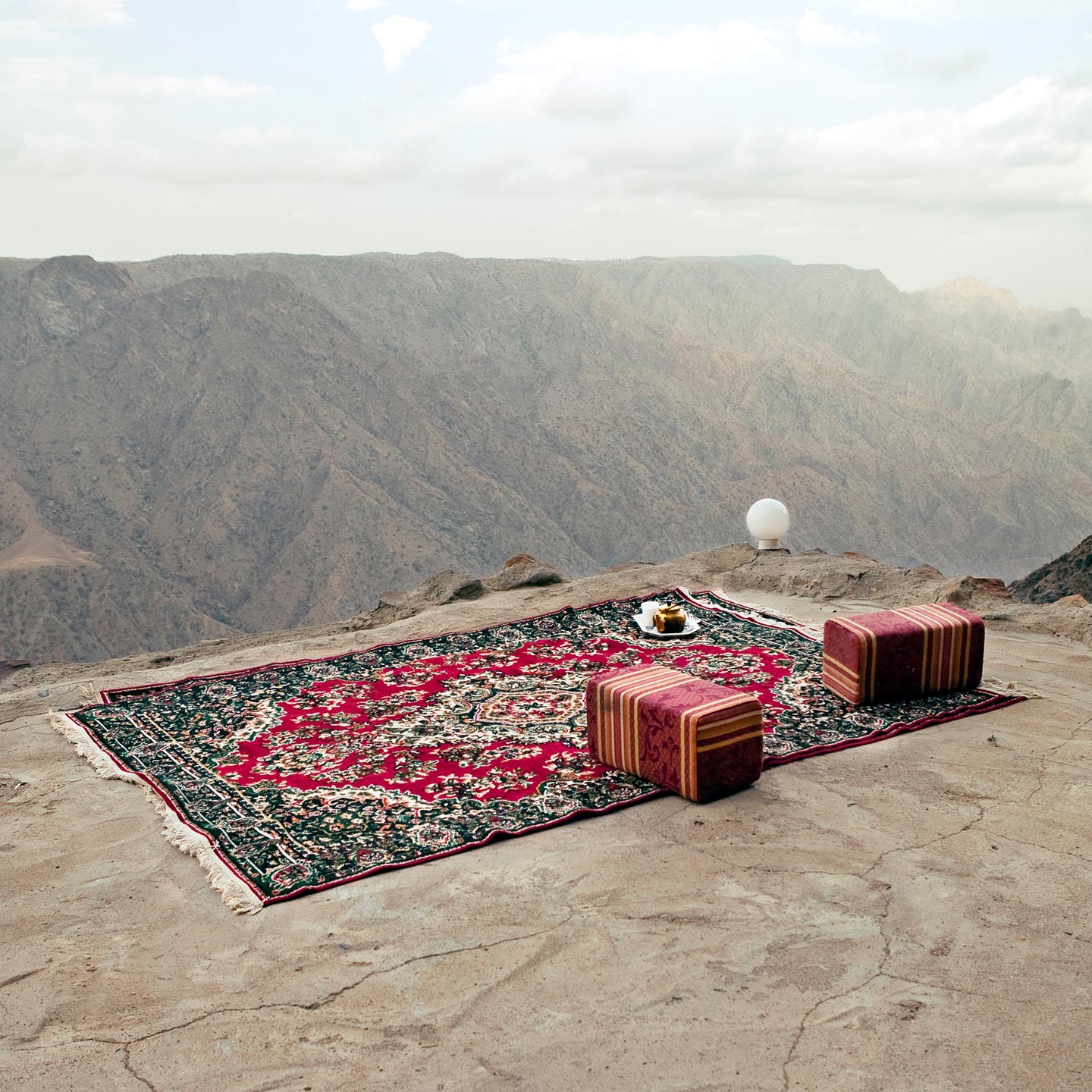
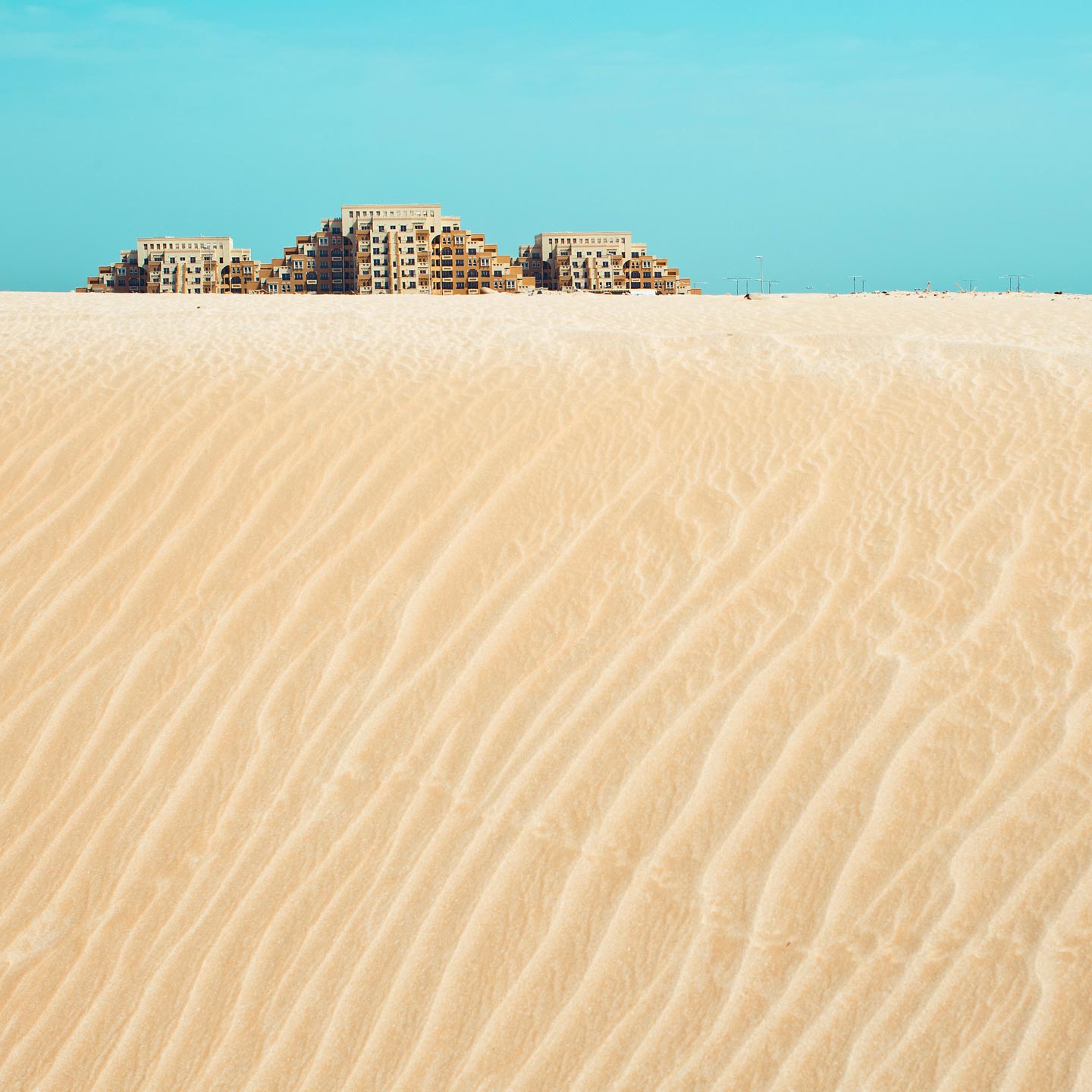
Too much of anything is often a bad idea, even when what’s in excess is wealth. For more than ten years, 46 year-old Spanish photographer Roger Grasas has explored the Arab countries of the Persian Gulf region to investigate the dramatic transformations of the area’s landscapes and local culture—in one word, its identity—ignited by the huge profits of the oil business. The brilliant photographs in his series Inshallah capture the jarring contrast between the endemic Arab customs and the imported ways of the capitalist Western world.
Hello Roger, thank you for this interview. What are your main interests as a photographer?
I am interested in the ability of photography to convert the ordinary into extraordinary. Through the lens of the camera reality can be perceived in a different way, sometimes more magical, sometimes more disturbing, sometimes more crude. In my case, I am interested in capturing the ‘strange’ character of the world in which we live: I think that through the combination of capitalism and technology, society increasingly tends to a greater sophistication, and this translates into a sense of existential estrangement by the human being. This dislocation between the given landscape and the built landscape is what my work speaks of.
Please introduce us to Inshallah: what is the series about?
The Inshallah project is a documentary work that deals with the accelerated landscape transformation suffered by the oil monarchies of the Persian Gulf. It is actually a work on oil and how it has affected the life of a culture that until two or three generations ago was based on nomadism and an absolutely austere existence.
What inspired Inshallah? How did you decide to undertake this project?
I decided to do the project in the wake of discovering the region in 2005, when I was commissioned to photograph the wedding of a niece of King Fahd of Saudi Arabia.
You’ve worked on Inshallah for about ten years. What have you understood about the transformation of the Arab countries?
I’ve understood that when capitalism is combined with technology the result is a rapid transformation of the territory and the customs of its society. In the case of the Arab countries of the Gulf region, there is the added element of theocracy, causing the coexistence of post-modern behaviors and very ancestral traditions within the same society.
Can you talk a bit about your approach to making the photographs included in the work? What did you want the images to communicate?
When working in the landscape, whether it is natural or urban, I try to move at a leisurely pace in order to discover what is apparently mimicked. My approach to photographing a landscape is quite slow, frontal and neutral. I mean, I don’t pretend to offer a critical or sociological reading but rather generate certain connections between different elements of the image. It interests me that my images are tinged with restlessness and a feeling of strangeness or nostalgia.
Why did you choose Inshallah as the series’ title?
‘Inshallah’ is an Arabic expression meaning ‘God willing’ and is always used in any expression linked to future times. I think my work posits the acquisition of a desired future in a very accelerated way by a people traditionally anchored or connected to the past.
How do you hope viewers will react to this series?
I hope to generate much more questions than to offer answers.
What have been the main influences on your photography?
Minor White has always been a great reference for me. Also Harry Callahan and American photography of the New Bauhaus of the 1950s-70s. One of the influences of my photography has been Edward Hopper’s painting.
Who are some of your favorite contemporary photographers?
As contemporary authors I would quote William Eggleston and Stephen Shore. And in Spain I admire the work of Jordi Bernadó.
Choose your #threewordsforphotography
Time. Space. Reality.
Keep looking...
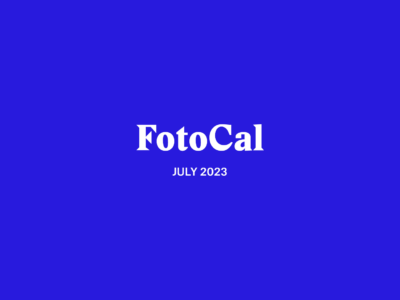
FotoCal — Photography Awards, Grants and Open Calls Closing in July 2023
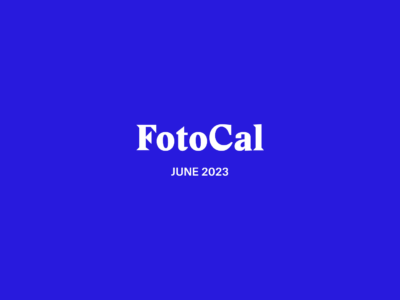
FotoCal — Photography Awards, Grants and Open Calls Closing in June 2023
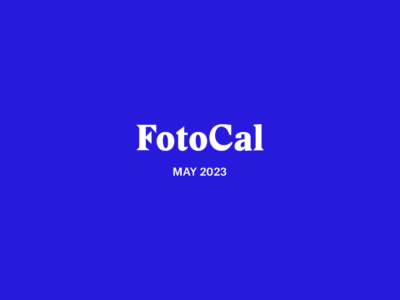
FotoCal — Photography Awards, Grants and Open Calls Closing in May 2023
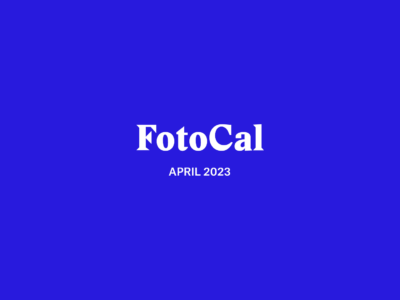
FotoCal — Photography Awards, Grants and Open Calls Closing in April 2023
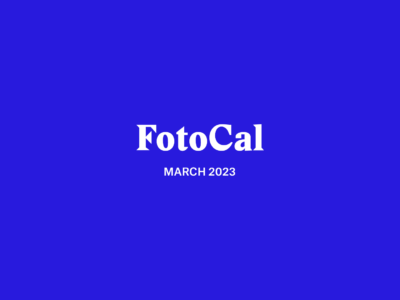
FotoCal — Photography Awards, Grants and Open Calls Closing in March 2023
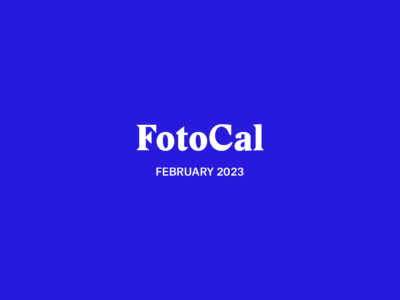
FotoCal — Photography Awards, Grants and Open Calls Closing in February 2023
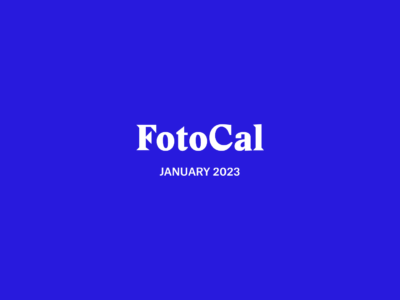
FotoCal — Photography Awards, Grants and Open Calls Closing in January 2023
